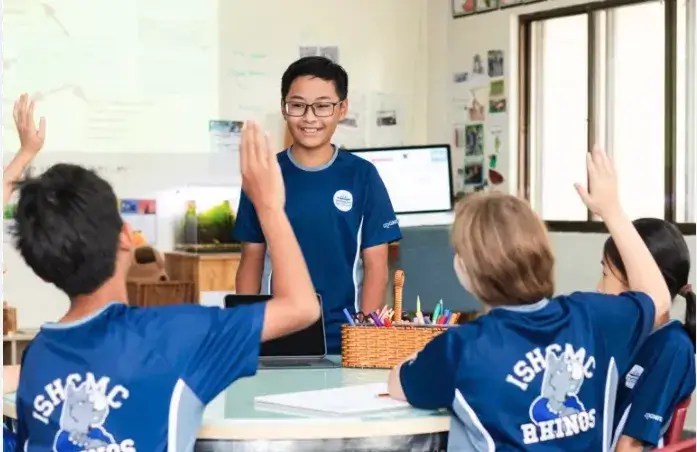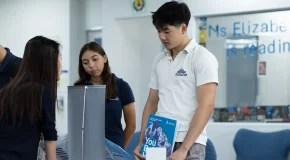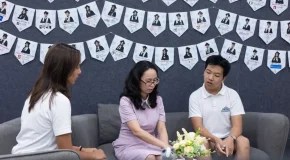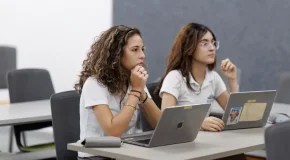From “Soft Skills” to Success Skills at ISHCMC
When we consider how best to prepare students for success, it’s easy to focus on grades, test scores, and university acceptances. Academic rigor is important, but the world our children are stepping into is rapidly changing, and workplaces are adapting. Global organizations such as the World Economic Forum (WEF) and the Organisation for Economic Co-operation and Development (OECD) agree: what sets future leaders apart are not just technical skills, but transferable skills once labeled “soft skills” that allow people to adapt, collaborate, and thrive in any situation.
At ISHCMC, we believe education should prepare students not just for exams, but for life. That’s why our International Baccalaureate (IB) framework, spanning the Primary Years Programme (PYP), Middle Years Programme (MYP), and Diploma Programme (DP), places equal emphasis on academic challenge and the holistic development of each learner.
The Future of Work and Why Soft Skills Matter
According to the WEF’s Future of Jobs Report 2025, nearly 50% of employees worldwide will need reskilling by 2025. The most sought-after skills aren’t just coding or data analysis; they’re the human-centered abilities that allow people to learn and grow in any field. Among the top ten skills employers demand are:
- Analytical thinking and innovation
- Active learning and learning strategies
- Complex problem solving
- Critical thinking and analysis
- Creativity, originality, and initiative
- Leadership and social influence
- Technology use, monitoring, and control
- Resilience, stress tolerance, and flexibility
- Reasoning, problem-solving, and ideation
- Emotional intelligence
Other leading voices echo this:
- The OECD Future of Education and Skills 2030 stresses curiosity, collaboration, and global competence.
- UNESCO Education Futures highlights creativity, communication, citizenship, and character.
- Surveys from LinkedIn and McKinsey consistently place adaptability, teamwork, and communication at the top of employer priorities.
It’s clear: the so-called “soft skills” are, in fact, the success skills our children need.
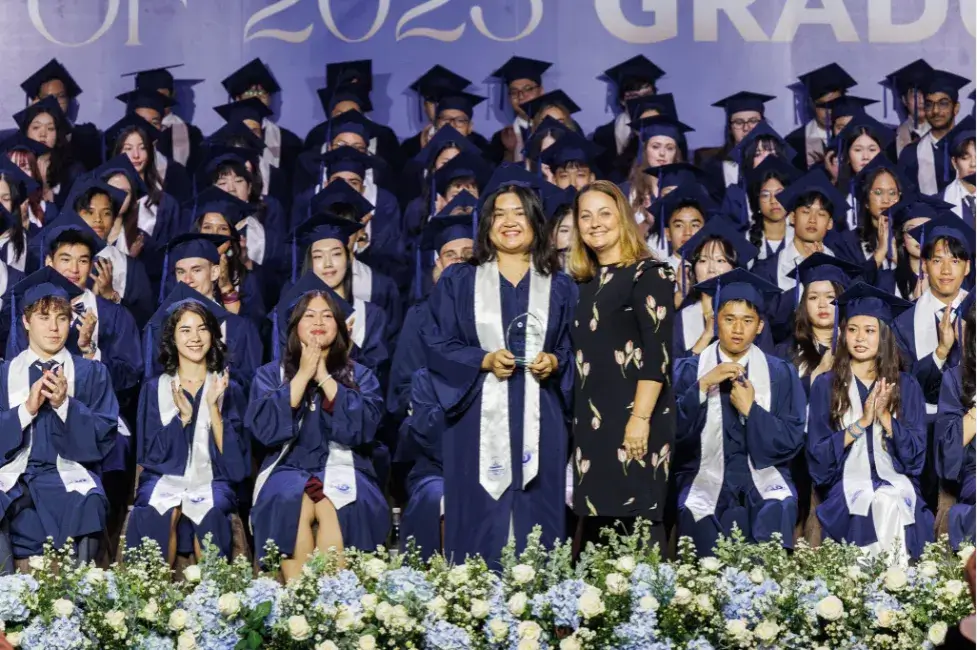
How does ISHCMC build future-ready soft skills for learners?
At ISHCMC, we are proud to be Vietnam’s first IB World School, and the IB framework aligns powerfully with what the world demands. Here are some of the ways we foster these transferable skills in school:
1. Active Learning and Curiosity Through the IB PYP
In the Primary Years Programme, curiosity is not an add-on; it’s the foundation. Students explore inquiry-based units that encourage them to explore, ask big questions, investigate real-world issues, and reflect on their learning. These early experiences nurture active learning strategies, setting the stage for lifelong adaptability.
For example, A Grade 4 unit on ecosystems might lead students to design sustainable gardens within our campus. They learn science, but they also develop creativity, collaboration, and responsibility for their community.
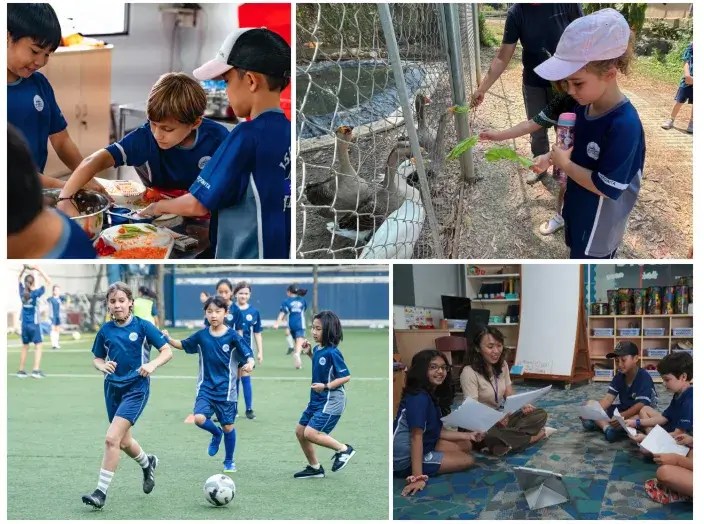
2. Complex Problem-Solving in the MYP
In the Middle Years Programme, students tackle projects with complex issues through multiple perspectives and possibilities. Through the Design Cycle, students learn to ideate, prototype, test, and refine skills central to innovation and problem-solving.
For example, an MYP Personal Project might challenge students to encourage connections through cooking and exercise. Here, students aren’t just applying mathematical concepts; they’re building empathy, resilience, and leadership.
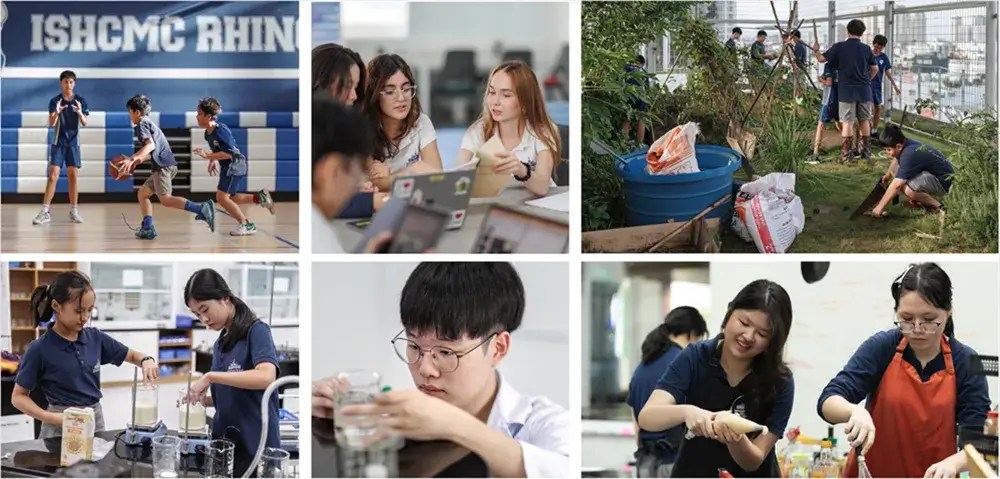
3. Leadership and Global Competence in the DP
The Diploma Programme challenges students with rigorous academics, but equally important are CAS (Creativity, Activity, Service) projects, the Extended Essay, and Theory of Knowledge. These foster leadership, emotional intelligence, and the ability to see connections between disciplines and cultures.
For example, A DP student organizing a community project on sustainable plastic use is not only showing initiative and originality but also practicing collaboration, communication, and social influence skills valued in every workplace.
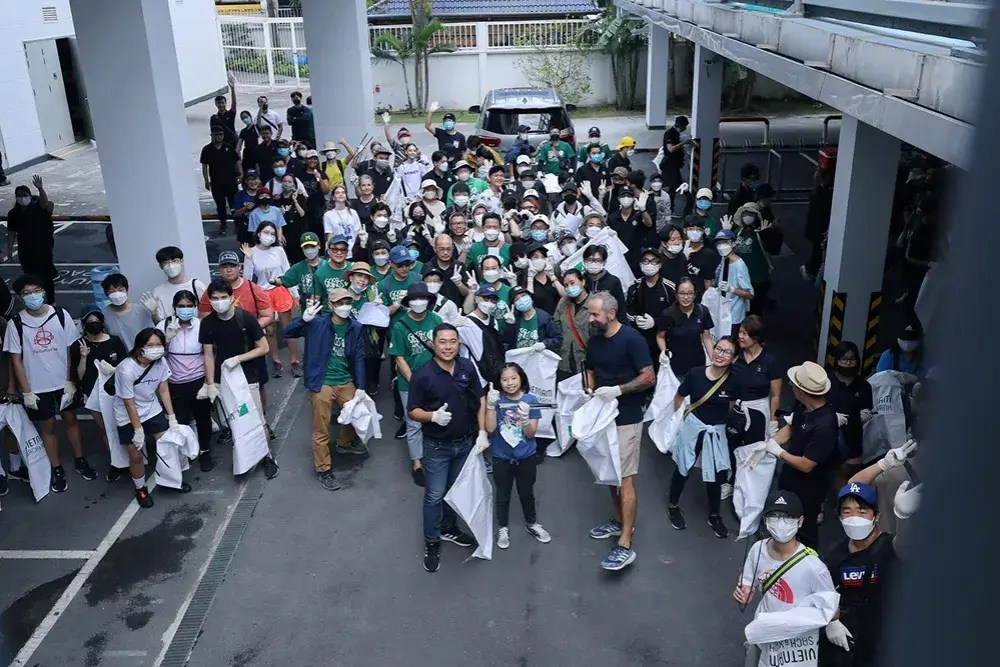
The Impact of Challenge and Community
Parents sometimes wonder why we emphasize concepts like challenge and agency at ISHCMC. The answer is simple: meaningful growth happens when students step outside their comfort zones. Whether through academic rigor, sports, performing arts, or service projects, challenge builds resilience, flexibility, and stress tolerance, all skills the WEF identifies as essential.
Community connections are just as important. ISHCMC’s partnerships with local and global organizations, like the Duke of Edinburgh, give students real-world opportunities to apply their learning. By engaging in authentic service learning, students practice empathy, critical thinking, and leadership in contexts that matter.
For example, Students collaborating with a local group on clean water initiatives learn science in context and project management, but also compassion, adaptability, and teamwork.
How do Parents help in Building Success Skills at Home?
Why else do these transferable skills matter for your child? Because the careers of tomorrow are being shaped today. Many critical jobs that will exist in 2030 are yet to be invented. The best preparation isn’t just knowing today’s facts, but having the skills to learn, unlearn, and relearn.
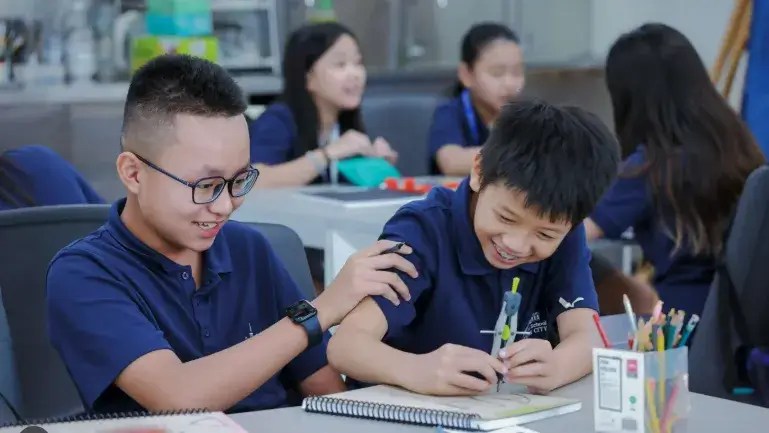
At home, parents can reinforce these skills by encouraging children to:
- Try new activities and embrace mistakes as learning opportunities.
- Talk openly about challenges and strategies for resilience.
- Collaborate on family decisions, allowing children to practice leadership and communication.
- Volunteer to help others, and give students more opportunities to develop empathy and a service mindset.
The ISHCMC Advantage
As an ISHCMC parent, you can be confident that your child is part of a community that understands success isn’t one-dimensional. By balancing academic rigor, holistic education, and the transferable skills identified by global leaders, we help students grow into innovators, leaders, and compassionate citizens ready for the world beyond school.
FAQs
1. What are “soft skills” and why are they important in education?
Soft skills, often called success skills or transferable skills, are personal and interpersonal abilities like communication, teamwork, creativity, and adaptability. They’re essential for helping students thrive in an ever-changing world and succeed in both their careers and personal lives.
2. Which soft skills are most in demand for the future?
According to the World Economic Forum’s Future of Jobs Report, the most in-demand skills include analytical thinking, creativity, emotional intelligence, resilience, and leadership. These are exactly the kinds of abilities ISHCMC nurtures through its holistic approach.
3. What makes ISHCMC unique in developing these skills?
ISHCMC was Vietnam’s first IB World School, offering a forward-thinking education that blends academic excellence with holistic growth. Its focus on real-world projects, leadership experiences, and global citizenship helps students build confidence, empathy, and adaptability.

